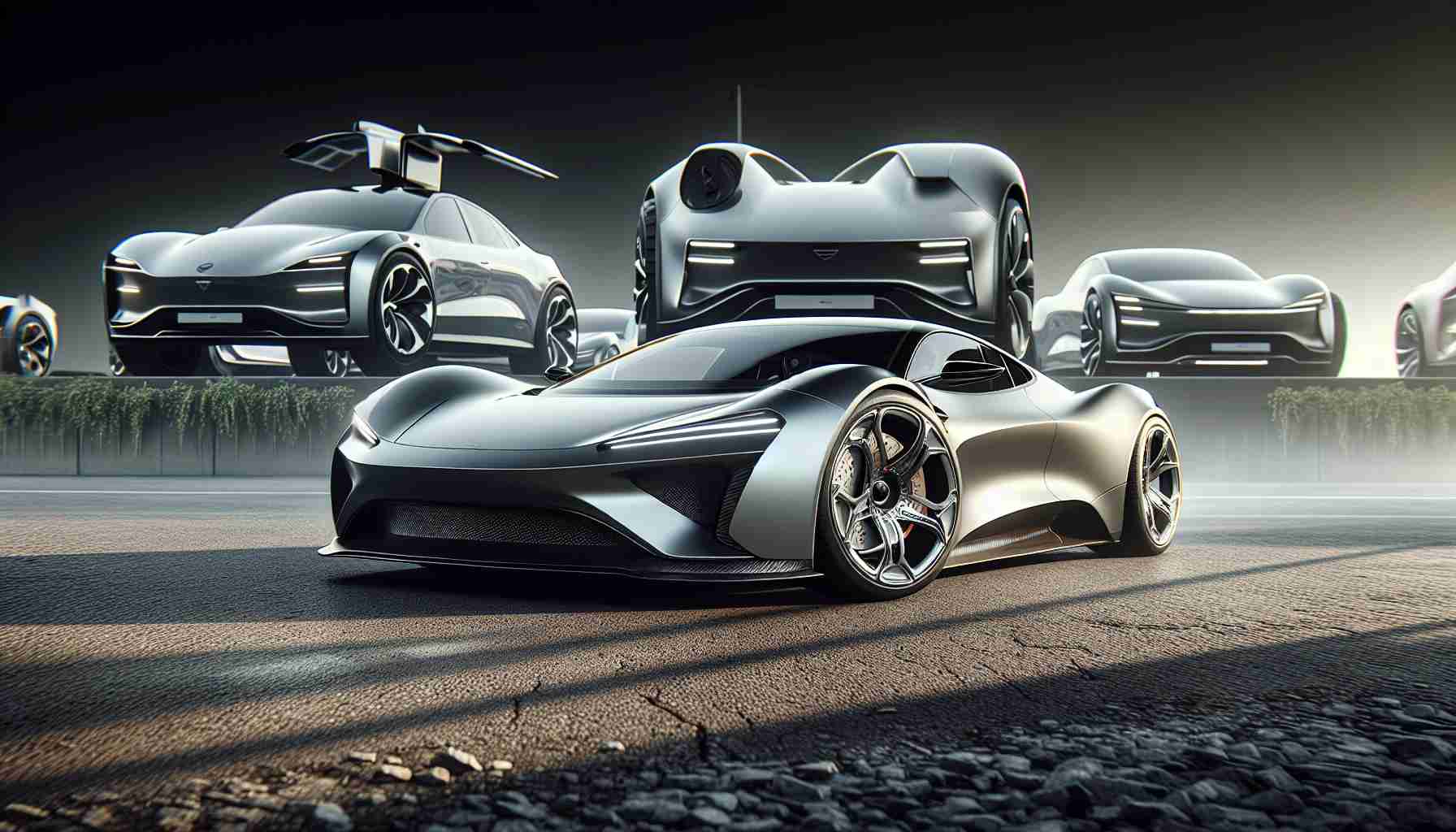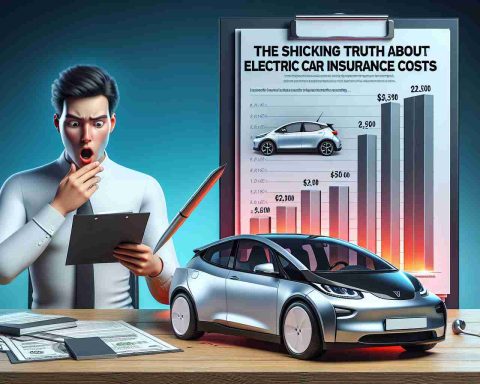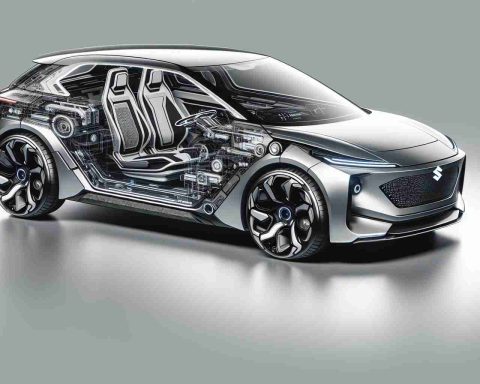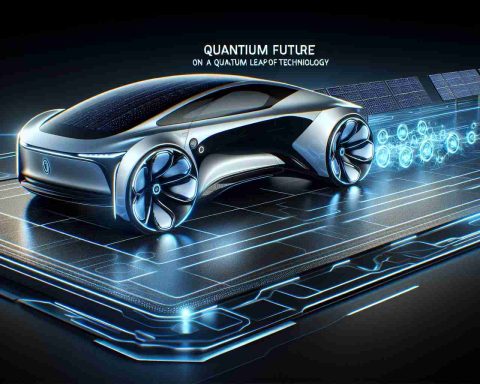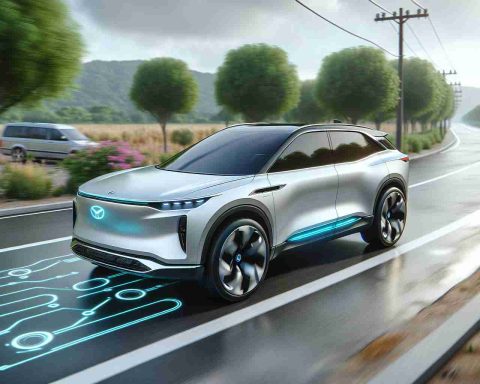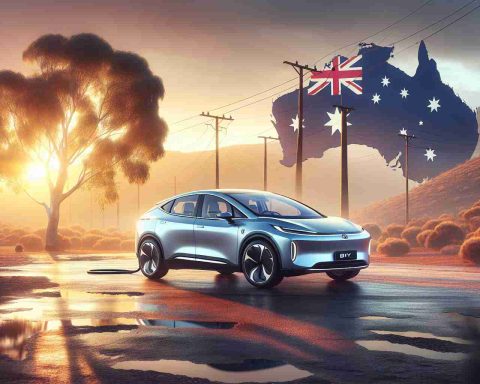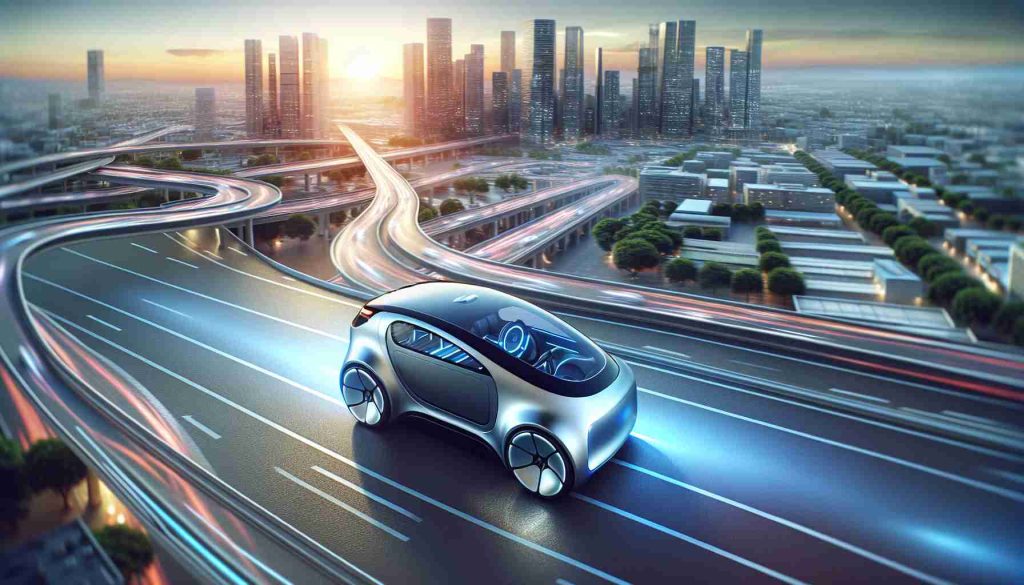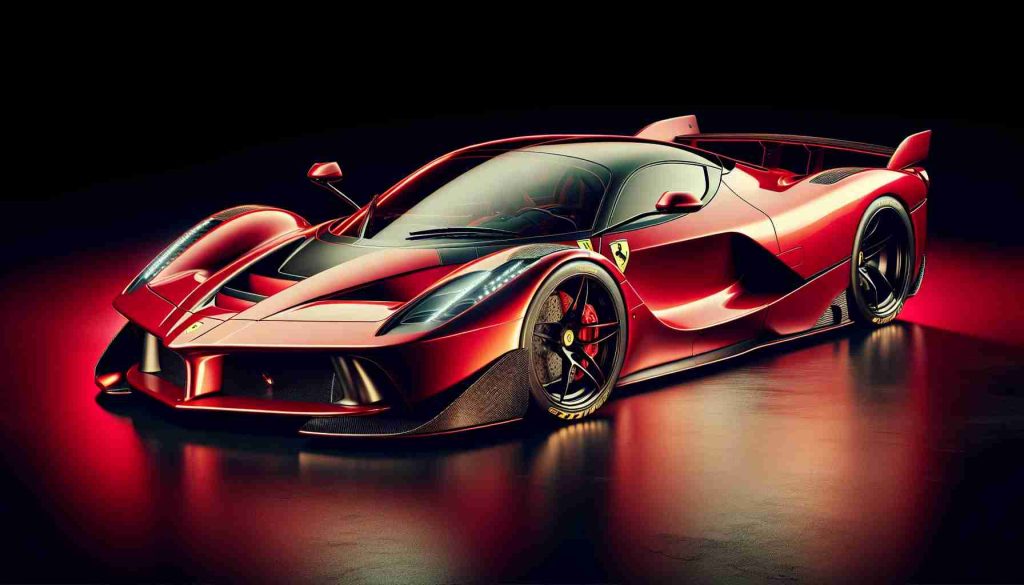- Porsche is introducing new gas-powered and plug-in hybrid models amid a decline in electric vehicle sales.
- The company experienced a 3% decrease in total deliveries, notably a 28% drop in the critical Chinese market.
- Porsche expects a significant €800 million impact from new combustion and battery developments.
- Profit margins are forecasted between 10%-12%, prompting a reliance on traditional combustion vehicles for profitability.
- Sales of the Taycan electric model decreased nearly 50% year-on-year, raising concerns for Porsche’s electric future.
- The company aims for a predominantly electric lineup by 2030 but has already adjusted its ambitions.
Porsche, the iconic luxury sports car manufacturer, is shifting gears amid struggling electric vehicle (EV) sales, unveiling plans for new gas-powered and plug-in hybrid models. The decision comes as Porsche grapples with a concerning 3% dip in total deliveries last year, driven largely by a staggering 28% drop in China—a vital market increasingly dominated by homegrown electric contenders like BYD and Xiaomi.
In a bid to temper profit forecasts that have plunged below the company’s long-term aspirations, Porsche anticipates a hefty €800 million ($830 million) hit from new combustion developments and battery investments. With expected profit margins lingering between 10%-12%, the company is accelerating its strategy to revitalize profitability through traditional combustion vehicles while launching its second EV, the Macan, which has sparked excitement with over 18,000 sales.
However, analysts warn that prioritizing short-term profits risks further jeopardizing Porsche’s future, particularly as it faces fierce competition from dedicated EV brands. The Taycan’s sales have plummeted nearly 50% year-on-year, complicating the brand’s ambitious plans for a predominantly electric lineup by 2030, which they have already significantly scaled back.
As Porsche navigates this tumultuous landscape, the looming question remains—can the brand reclaim its throne in an evolving automotive world that increasingly favors electric innovation over combustion nostalgia? Stay tuned as we watch this high-stakes race unfold!
Porsche’s New Trajectory: A Pivot Between Tradition and Tomorrow
Porsche’s Strategic Shift Amidst EV Challenges
Porsche, the well-regarded name in luxury sports cars, is currently navigating a challenging landscape characterized by declining electric vehicle (EV) sales. In response to these hurdles, Porsche is introducing new gasoline-powered models alongside plug-in hybrids, showcasing a dual strategy aimed at maintaining market relevance. This shift comes after a disappointing 3% drop in total deliveries, exacerbated by a staggering 28% decline in the crucial Chinese market, which is increasingly influenced by local EV makers like BYD and Xiaomi.
# Key Insights and Trends
1. Investment in Combustion and Electric Technologies:
Porsche is poised to face an estimated €800 million ($830 million) cost due to investments in new combustion engine technologies and battery production. This is indicative of a strategic push to balance traditional automotive appeal with burgeoning electric ambitions.
2. Profit Margin Estimates:
The company expects profit margins to stabilize between 10% and 12%, as it pivots towards existing combustion vehicles while simultaneously rolling out the new Macan EV, which has seen over 18,000 sales—a promising sign in their transition strategy.
3. Competition and Market Dynamics:
The fierce competition from established EV manufacturers poses a significant challenge to Porsche. The market’s rapid shift towards electric vehicles raises questions about the long-term viability of maintaining both combustion and electric models.
Related Questions
1. What are Porsche’s plans for electric vehicle production?
Porsche aims to introduce over 10 new electric models by 2025, incorporating advancements in battery technology and charging infrastructure. However, this ambition may be tempered by the current challenges in EV sales and a necessary focus on combustion engine profitability.
2. How does the decline in the Chinese market impact Porsche?
The decline in the Chinese market, which saw a 28% drop, significantly affects Porsche’s global strategy. Given China’s growing preference for domestic EV brands, Porsche must innovate and enhance its electric offerings to reclaim market share in this pivotal region.
3. What are the risks of Porsche’s dual strategy in the current market?
Prioritizing short-term profits through traditional combustion vehicles could undermine Porsche’s long-term sustainability in the electric vehicle market. Failing to establish a strong EV presence may lead to diminished brand relevance as consumer preferences shift towards fully electric options.
Additional Content
– Use Cases: The new Macan EV aims to attract environmentally conscious consumers while retaining Porsche’s performance legacy.
– Limitations: Balancing investment between combustion and electric technologies may stretch resources and lead to strategic misalignment.
– Predictions: Analysts predict that if Porsche successfully integrates its electric and traditional lines, it may thrive in a diversified market.
For ongoing updates and insights into Porsche’s evolving strategies, visit porsche.com.
